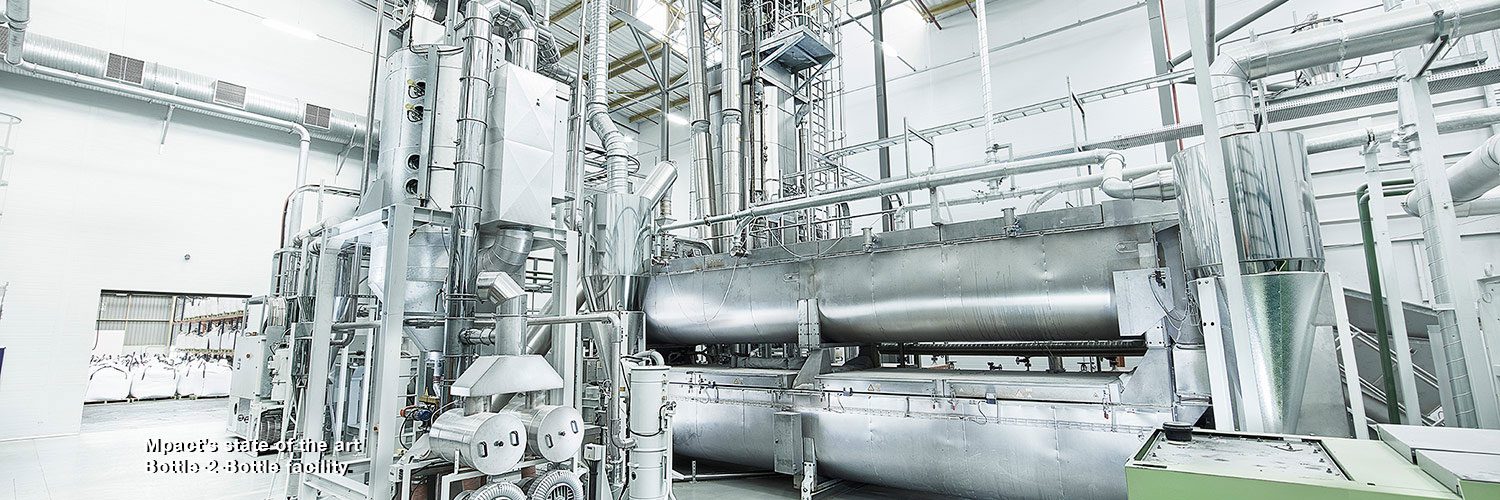Fixed deposits (FDs) have long been a preferred investment choice among retirees, providing them with a secure and reliable source of income. As retirees transition from earning regular salaries to relying on their savings, they seek low-risk options that offer stability and guaranteed returns. Fixed deposits fit these criteria perfectly, making them one of the most trusted financial instruments for retirees. In this article, we will explore the reasons why fixed deposits are so popular among retirees, their benefits, and important factors to consider, including TDS on FD interest.
1. Guaranteed Returns and Safety
One of the primary reasons retirees favour fixed deposits is the guaranteed returns they offer. When investing in an FD, individuals know exactly how much they will earn over a set period. Unlike the volatile stock market or mutual funds, FDs provide stability and certainty, which is especially important for retirees who may have limited income sources. Moreover, fixed deposits are considered safe because they are typically backed by banks and financial institutions regulated by the Reserve Bank of India (RBI), making them one of the most secure investment options.
2. Easy to Manage
Fixed deposits are easy to manage and require minimal effort on the part of the investor. Retirees often prefer simple and low-maintenance investment options, and FDs perfectly fit this need. Once the deposit is made, there are no further actions required unless the retiree wants to prematurely withdraw the funds or reinvest them. This simplicity makes FDs an attractive option for retirees who may not have the time or inclination to monitor their investments constantly.
3. Regular Income through Interest Payouts
For retirees, a consistent income stream is crucial to maintaining their lifestyle. Fixed deposits offer a solution in the form of regular interest payouts. Banks typically allow interest to be paid on a monthly, quarterly, or annual basis, providing retirees with a steady income. Monthly payouts are particularly popular because they mirror the regular salary income retirees are used to receiving, making it easier to plan for day-to-day expenses. This feature ensures that retirees have access to liquidity without having to dip into their principal investment.
4. Tax Benefits and TDS on FD Interest
While fixed deposits are an attractive option for retirees, it’s important to be mindful of tax implications, specifically TDS (Tax Deducted at Source) on FD interest. Under Section 194A of the Income Tax Act, if the interest earned on a fixed deposit exceeds ₹40,000 (₹50,000 for senior citizens) in a financial year, the bank will deduct TDS at the rate of 10%. This can reduce the effective return on the FD, so retirees should factor this into their decision-making. However, retirees can avoid TDS deductions by submitting Form 15H (for individuals aged 60 and above) if their total income is below the taxable threshold.
Additionally, interest earned on FDs is subject to tax based on the individual’s income tax slab, which can reduce the overall return on the investment. However, many retirees choose to stay within their tax-exempt limits, ensuring minimal tax impact on their FD earnings. This benefit, combined with the certainty of fixed returns, makes FDs an attractive option for retirees seeking to minimise tax liability while ensuring financial security.
5. Flexibility in Tenure
Fixed deposits come with the added advantage of flexibility in tenure. Retirees can choose the investment period based on their financial goals and requirements. Most banks offer FD tenures ranging from 7 days to 10 years, allowing retirees to match the deposit duration with their income needs. For those looking for short-term liquidity, a 6-month or 1-year FD can be an ideal option. On the other hand, long-term FDs can be used as a wealth preservation tool for retirees who do not require immediate access to their funds.
6. Senior Citizen FDs: Additional Benefits
Banks offer special fixed deposit schemes for senior citizens, providing them with higher interest rates than regular FDs. The additional 0.25% to 0.75% interest rate benefit makes senior citizen FDs even more appealing. These special schemes cater specifically to the financial needs of retirees, who may have limited sources of income. The higher returns offered by senior citizen FDs ensure that retirees can earn a better return on their investments, which is especially important when their income may not be as high as it once was.
7. Liquidity and Emergency Access
While fixed deposits are meant to be long-term investments, they offer liquidity in case of an emergency. If a retiree faces unforeseen medical expenses or other urgent financial needs, they can easily break their FD before the maturity date. Although there may be a penalty for premature withdrawal, the liquidity provided by FDs ensures that retirees have access to their funds when needed. For retirees, knowing that their investments are not locked in indefinitely provides peace of mind and financial security.
8. Inflation Protection
While fixed deposits may not offer returns that outpace inflation in the same way as equities or mutual funds, they still provide a buffer against inflation compared to keeping money in a savings account. In times of rising prices, retirees can rely on the fixed returns from their FD to protect the value of their savings. For those seeking to maximise returns, a laddering strategy (investing in multiple FDs with varying tenures) can help address the challenges posed by inflation by ensuring better interest rates in the long run.
9. No Market Risk
Fixed deposits are not influenced by market fluctuations, which makes them a preferred choice for retirees who may be risk-averse. Unlike stocks, bonds, or mutual funds, the return on an FD is predetermined and not subject to market conditions. For retirees who want to avoid the unpredictability of the stock market, FDs provide a reassuring sense of stability and certainty. This eliminates the stress of monitoring market movements and allows retirees to focus on enjoying their retirement years without financial concerns.
Conclusion
Fixed deposits have emerged as a popular investment choice among retirees due to their simplicity, safety, and consistent returns. Offering guaranteed returns, tax benefits, and a steady income stream, FDs are an ideal option for retirees seeking financial security in their post-retirement years. Despite the TDS on FD interest, retirees can optimise their earnings by choosing the right tenure, tax-saving options, and the senior citizen FD schemes available. As long as retirees carefully consider their tax liabilities and financial goals, fixed deposits remain a trusted financial tool to safeguard their wealth and provide peace of mind.





